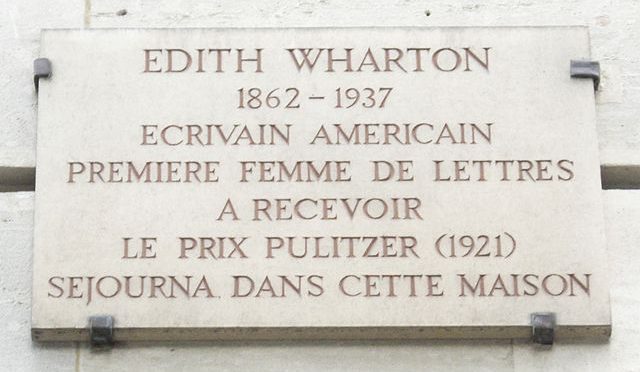Caitlyn Jones is a passionate, aspiring, academic and feminist activist, who is in her first-year studying English at King’s College London. Drawing from her personal experiences as a woman and a keen observer of history, she explores the ongoing struggles women face in the realms of self-expression, body autonomy, and societal expectations. Check out an extract of her work below:
One thing I have come to realise from studying the issues surrounding women’s rights throughout history, from being a social media user, and, crucially, from being a woman myself, is that we never seem to be able to, for lack of an academic term, catch a break.
Perhaps one might be of the opinion that the online world would be a safer opportunity for self-expression – as we are intangible and therefore out of reach to any potential perpetrators. Sadly, this could not be further from the truth. It is important to be absolutely clear: the issue with gender dynamics on social media isn’t about women posting pictures of themselves in a bikini while enjoying their holidays or showing off a new dress that falls above the knee. In doing so, they are showcasing their confidence, beauty, and pride in their own bodies – just as a man does when he posts a picture of himself shirtless at the gym. As a relatively well-rounded human, I fail to see the overarching problem with any of these scenarios. Returning to the former two examples, however, the problem lies entirely with those who choose to berate the woman for ‘showing too much skin’ or parading around as a ‘slut.’ Both men and women have been guilty of this offence. From observing myriad comments under these kinds of posts, I have drawn several rather unsurprising yet deeply prevalent conclusions as to their motives – conclusions that still allude my understanding as a social media, and, more importantly, as an all-round decent human.
More often than not, these comments are blatantly underscored with airs of jealousy, insecurity or intimidation. In many cases, it is a hideous integration of all three. And to be blunt, neither I nor any other social media user I’ve spoken to in relation to this essay have encountered comments of the same objectifying and nefarious nature under a shirtless man’s post. Therein lies one of the most terrifying and problematic social paradoxes in our community: there exists a certain social aversion, or rather a subconscious fear of female sexuality, or perhaps more specifically, a fear of a woman’s confidence in her own sexuality. The reason for this fear I cannot explain – it is not my job to do that. But as a feminist activist, it is my job to point out its dangerous and, in certain cases, fatal consequences.
From this fear of a woman’s confidence in her body and sexuality arises aggression and hostility towards its expression – particularly through social media posts. The search for evidence of this was unfortunately not a difficult one – this part of my research was far more enduring than enjoyable. In truth, I am not completely sure if ‘research’ is the correct word for it. All I had to do was scroll through my ‘For You’ page on Instagram, where a woman in a bikini or a shorter dress would appear, and open the comments section. The most common statements I discovered were along the lines of ‘put some clothes on,’ ‘wh0re,’ and ‘wasted goods.’ From here, I began to see and acknowledge the fact that there is, without any doubt, a war on women within the online world as well as the ‘real’ one.
Further proof of this can be examined through social media users who choose to exploit the platform as an opportunity to spout hate to and about women. I am sure many of you will be at least somewhat aware of the so-called ‘podcast bros’ or ‘alpha males’ who dominate many a young person’s social media feed with their preaching of shockingly degrading comments concerning women’s sexualities, bodies and life choices.
Many of these men have argued that it is the rise of ‘modern feminism’ that has enabled an insurgence of women showcasing their pride in their bodies and sexuality through social media and beyond – and I could not agree more. However, the crucial difference between myself and the social media users who I speak of – is that they choose to view it as an entirely negative phenomenon. The most problematic aspect of the label of ‘modern feminism’ lies in its suggestion that its definition has been somehow co-opted over time to suit the interests of misandrists and corrupt the values of femininity. Allow me to make one thing abundantly clear: the definition of feminism along with everything it stands for has always remained a constant. It has never changed. The aims and intentions of feminism has always been to advocate for the woman’s choice to make her own decisions concerning her body, her money, her education and her personal life, and to ensure that she both obtains and maintains access to the same human and civil rights as her male counterpart. Women who wish for a world where women are superior to men are misandrists, not feminists, even if they feel they identify as the latter. There are many people who may identify with a certain faith but repeatedly reject and contravene the laws and values of that same faith in their daily lives – perhaps at times without knowing it. The very same logic applies to this situation. There is an ocean between the world of feminism and misandry, just as there is an ocean between the world of feminism and misogyny.
Written by Caitlin Jones.





